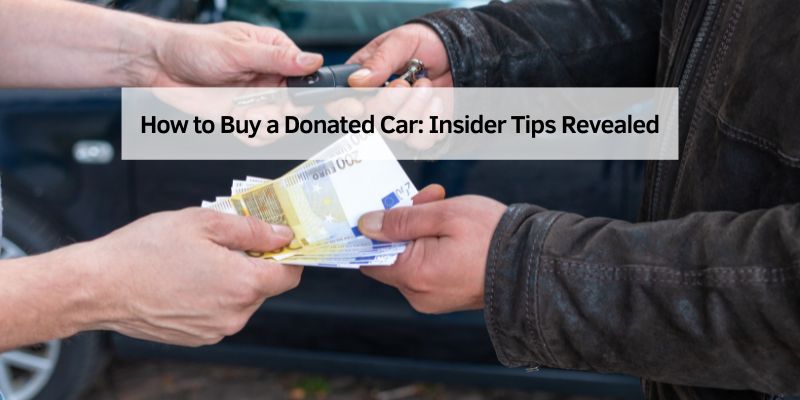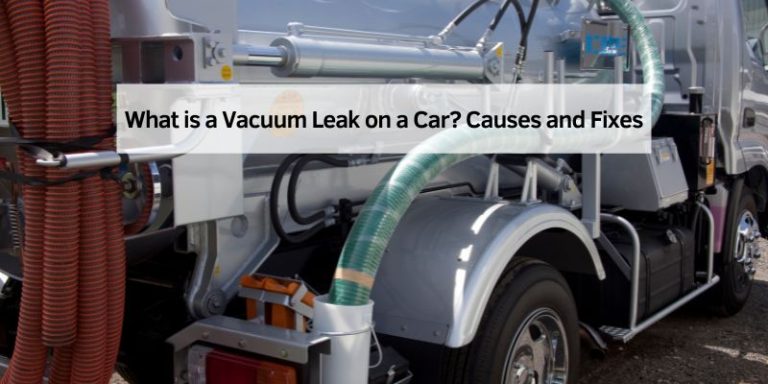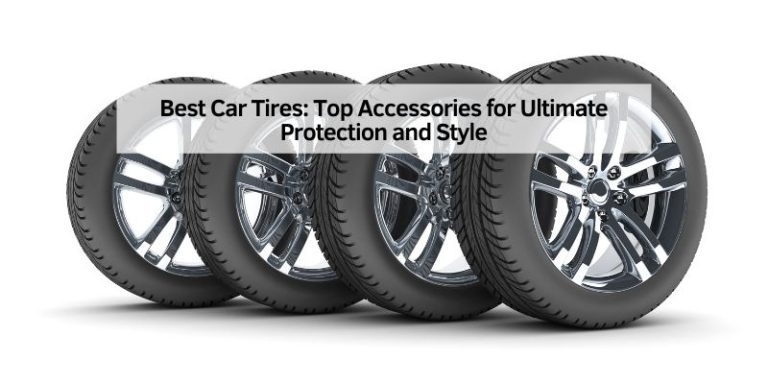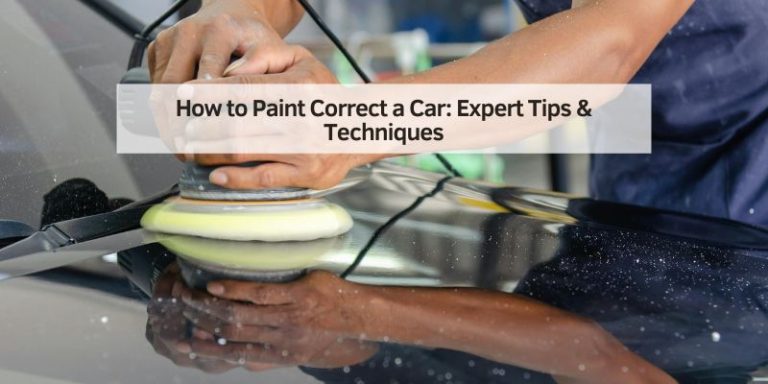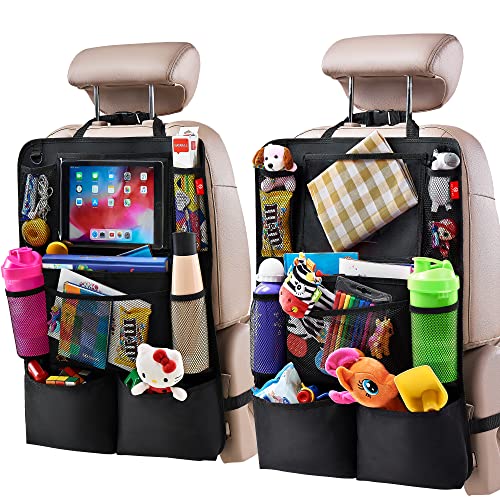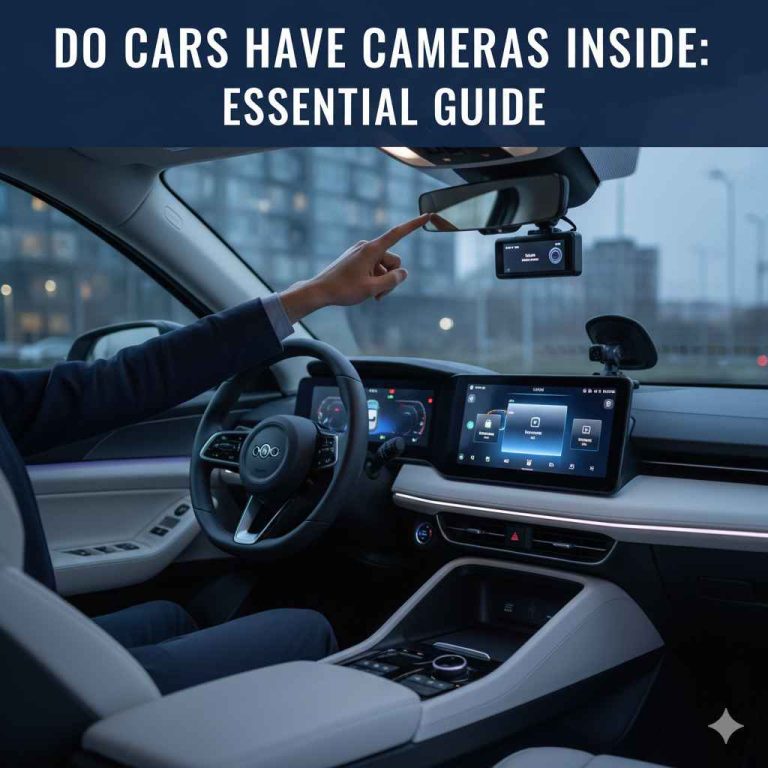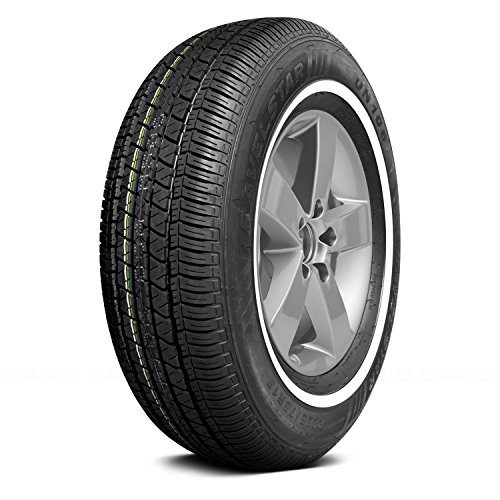How to Buy a Donated Car: Insider Tips Revealed
Buying a donated car is a smart way to save money. It helps support charities too.
Many people don’t know how to start this process. Donated cars often come from people who want to help. They give their vehicles to charities, which sell them to raise funds. Buying a donated car is like shopping for any used car, but with added benefits.
You can find good deals and contribute to a good cause. But where to start? How do you ensure the car is reliable? These are common questions. This guide will walk you through the steps, making the process easy and clear. Discover how you can find a great car while doing some good in the world.

Credit: goodnewsgarage.org
Benefits Of Buying Donated Cars
Buying a donated car can save you a lot of money. These cars are often sold at a lower price. You might find a good-quality car for a fraction of the market price. This means you can have a car without spending too much. Sometimes, these cars are in excellent condition. You just need to check the car before buying. This way, you get a good deal and save more money.
When you buy a donated car, you help charities. The money from the sale goes to good causes. Charities use this money to help many people. This can make you feel good inside. It’s like getting a car and helping others too. Every car bought helps someone in need. Your purchase can make a big difference. This is a way to give back to the community.
Where To Find Donated Cars
Many people donate cars to charities for a good cause. These cars are sold at charity auctions. You can find a good deal here. Check local events for such auctions. It’s a chance to help and get a car. Auctions can be fun too. You need to bid on cars you like. The highest bid wins. Always set a budget before you start. This way, you don’t spend too much.
There are websites that list donated cars for sale. These platforms make it easy to search for cars. You can see pictures and details online. Some sites let you bid on cars. Others have fixed prices. Always check the site’s reviews. Make sure it’s safe to buy there. Also, compare prices on different sites. This helps you find the best deal.
Researching The Vehicle
Checking Vehicle History is very important. Always ask for the Carfax report. This report shows accidents and repairs. Look for title history. Ensure the car is not salvaged. Investigate any previous owners. More owners may mean more wear. Check for mileage too. High mileage can mean more maintenance. Look at the service records. Regular service means good care.
Inspecting Physical Condition is essential. Look at the car closely. Check for rust on the body. Rust can weaken the car. Look under the car for leaks. Leaks can mean big problems. Check the tires. Good tires mean safe driving. Test the lights and signals. These must work for safety. Open the hood and check the engine. A clean engine is a good sign.
Understanding Auction Processes
Bidding at a car auction can be exciting. Set a budget first. This helps you stay on track. Watch the bids closely. Some people bid quickly. Others wait until the last minute. A smart strategy is to bid low at first. Then increase slowly. Keep an eye on other bidders. They can give clues. You might see a pattern. Use this to your advantage. Patience is key. Don’t rush. A calm approach often wins.
Auction rules are important. They keep the process fair. Some rules are strict. Others are flexible. Always read the rules before bidding. Know the start and end times. This avoids confusion. Rules often include payment details. Make sure you can pay. Some auctions require deposits. Check if you need one. Understanding rules helps you avoid mistakes. It makes bidding easier. And more fun!
Financing Options
First, set a clear budget for your car purchase. List all your monthly expenses and see what you can afford. Avoid spending too much. It’s important to stick to your budget. You should also consider additional costs. These include insurance and repairs. Always keep a little extra money for emergencies. Saving money for a few months can help you buy a car without loans.
Banks and credit unions offer car loans. Visit them to know your options. Check the interest rates and choose the best one. Online lenders are also available. They can offer quick loans. But be careful with high rates. It’s important to read all terms. Ask questions if you don’t understand something. Always choose a loan you can pay back easily.
Legal Considerations
Title transfer is very important. It proves you own the car. Check the title for any errors. Make sure the seller signs it. You must sign it too. Visit the DMV to complete the transfer. Bring all necessary documents. This includes the signed title and your ID. Pay any required fees. Keep the receipt for your records.
Registration is a must. It allows you to legally drive the car. Gather the necessary papers. You need the title, insurance, and your ID. Fill out the registration form at the DMV. Pay the registration fee. The DMV will give you a registration certificate. Attach the new license plates to your car. Keep the registration papers safe.
Negotiating The Purchase
Research the car’s value online. Compare prices with similar models. This helps you know the fair cost. Ask about any hidden fees or extra charges. Be polite and clear. Show interest but stay firm.
Offer a lower price first. Sellers often expect negotiations. Use reasons for your offer. Mention any car issues or repairs needed. This can help reduce the price.
Check all documents carefully. Make sure the title is clear. Confirm the seller’s information matches. Pay after you get all papers. Use safe payment methods. Protect yourself from fraud.
Arrange the car pickup. Decide the best time and place. Ensure you have keys and necessary papers. Drive home with your new car.
Post-purchase Steps
Discover essential post-purchase steps for buying a donated car. Ensure proper ownership transfer by checking the title and registration. Verify the vehicle’s condition through a detailed inspection to avoid future issues.
Necessary Documentation
Keep all purchase papers safe. These include title and bill of sale. Ensure the vehicle title is in your name. You might need this for registration. Collect all maintenance records from the previous owner. These are helpful for future repairs. Always verify the VIN number matches on all documents. This ensures the car is not stolen. Make sure you have the correct insurance documents. This is crucial for safety and legal reasons.
Vehicle Maintenance Tips
Check the oil level every month. This keeps the engine healthy. Inspect the tire pressure often. Proper pressure helps with fuel savings. Change the air filter regularly. A clean filter improves engine performance. Ensure the brakes are responsive. This is vital for safety. Keep a maintenance log. It helps track repairs and services.

Credit: www.goodwillcolumbus.org
Frequently Asked Questions
Can You Claim A Donated Car On Your Taxes?
Yes, you can claim a donated car on your taxes. Ensure the donation is to a qualified charity. Obtain a receipt and IRS Form 1098-C. The deduction depends on the car’s value and sale price by the charity. Always consult a tax professional for accurate advice.
Is A Free Charity Car Real?
Yes, free charity cars are real. Nonprofits and charities offer them to individuals in need. Eligibility depends on specific criteria, such as financial situation and employment status. Recipients often include low-income families, veterans, and disabled individuals. Always verify the legitimacy of the organization offering the car.
What Does Salvation Army Do With Donated Cars?
The Salvation Army sells donated cars to fund various community programs. Proceeds support services like addiction recovery, job training, and housing assistance. Donors receive tax deductions, contributing to both personal and community benefits.
Do Car Dealerships Ever Donate Cars?
Yes, car dealerships occasionally donate vehicles to charities or non-profit organizations. Donations depend on dealership policies and community involvement. Some dealerships may partner with local organizations for charitable events. Contact dealerships in your area to learn about their donation initiatives and eligibility criteria.
Conclusion
Buying a donated car can be a smart move. It saves money and helps others. Follow the steps carefully to avoid issues. Research well and check the car’s history. Inspect the car before buying it. Contact charities or organizations that offer donated cars.
Look for deals online and read reviews. Ask questions and clarify doubts. Make sure you understand the process fully. Enjoy the benefits of your new car and feel good about your purchase. Happy driving!

